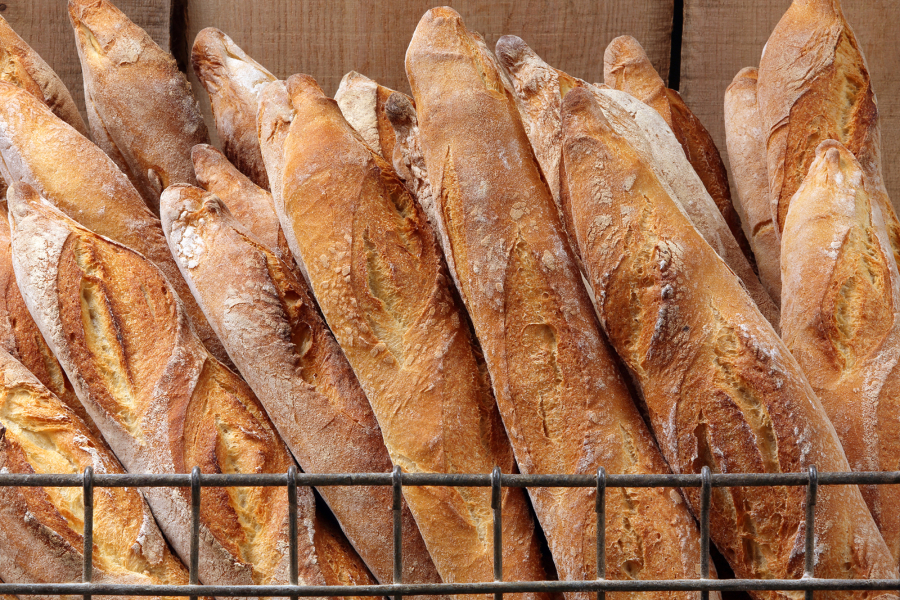March is National Nutrition Month, which makes this a good time to learn why some people need a gluten-free diet.
Whole grains are an important part of a healthy diet. They are good sources of complex carbohydrates, as well as some key vitamins and minerals. And because whole grains are naturally high in fiber, they may help you feel full and satisfied, which can make it easier to maintain a healthy body weight. Eating more whole-grain foods also can lower your blood pressure.
Some people, though, have a medical diagnosis that means they must avoid the gluten in grains such as wheat, barley and rye.
Celiac disease, also called celiac sprue or gluten-sensitive enteropathy, is an immune reaction to eating gluten. While the cause of celiac disease isn’t known, the disease is becoming more common.
If you have celiac disease, eating gluten triggers an immune response in your small intestine. Over time, this reaction damages your small intestine’s lining and prevents it from absorbing some nutrients. The intestinal damage often causes diarrhea, fatigue, weight loss, bloating and anemia. And it can lead to serious complications.
A gluten-free diet is essential to manage signs and symptoms of celiac disease and other medical conditions associated with gluten, including nonceliac gluten sensitivity, gluten ataxia and wheat allergy.
Following a gluten-free diet requires paying careful attention to food selections, the ingredients found in foods and their nutritional content, as well as medications.
You can still enjoy the health benefits of eating whole grains. Options in a gluten-free diet include buckwheat, corn, flax, millet, quinoa and rice. While oats are naturally gluten-free, they may be contaminated during production with wheat, barley or rye.




